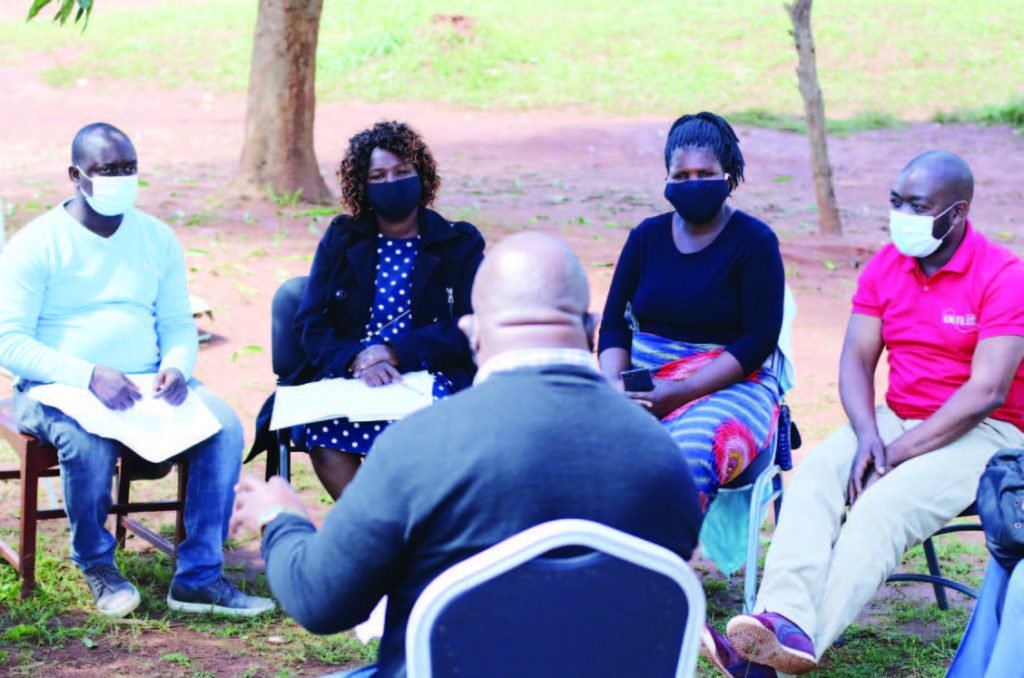Malawi makes inroads in agricultural innovation systems
Malawi has taken a major step towards strengthening Agricultural Innovation Systems (AIS) following the validation of an assessment report.
Findings of the assessment will pave the way for a comprehensive capacity development programme targeting selected key innovation support service providers to enable them to support climate-relevant, productive and sustainable transformation of agriculture and food systems.

The assessment was carried out as part of a project called Developing Capacities in AIS: Scaling up the Tropical Agriculture Platform framework (TAP-FAO AIS) which aims at strengthening national capacity in agricultural innovations.
The project is part of a broader European Union (EU)-funded Initiative called Development of Smart Innovation through Research in Agriculture (Desira): Towards Climate-relevant Agricultural and Knowledge Innovation Systems.
Speaking during the launch, principal secretary for Irrigation in the Ministry of Agriculture Sandram Maweru said the system will improve agricultural production which will result in poverty reduction.
He said: “Agricultural innovation is central to sustainable development, poverty reduction and food and nutrition security in our country.
“We need it to help address the complex and interconnected challenges facing agriculture development such as climate change, low production and productivity, poor markets ,among others.”
Maweru emphasised the need for collective action from AIS stakeholders to strengthen the system citing the interconnected challenges facing agriculture development in the country.
Food and Agriculture Organisation (FAO) country representative Zhijun Chen described the innovation as timely.
“The TAP-AIS project comes at the right time to assess the status of AIS in Malawi, identify bottlenecks, opportunities and field capacity of key stakeholders to enable the system to operate efficiently,” she said.
Among AIS bottlenecks in Malawi include weak coordination and collaboration among key actors, limited stakeholder networking and inadequate support to farmer innovation.
The TAP-FAO AIS project is being implemented in nine countries, namely Burkina Faso, Eritrea, Malawi, Rwanda, Senegal, Cambodia, Laos, Pakistan and Colombia.





